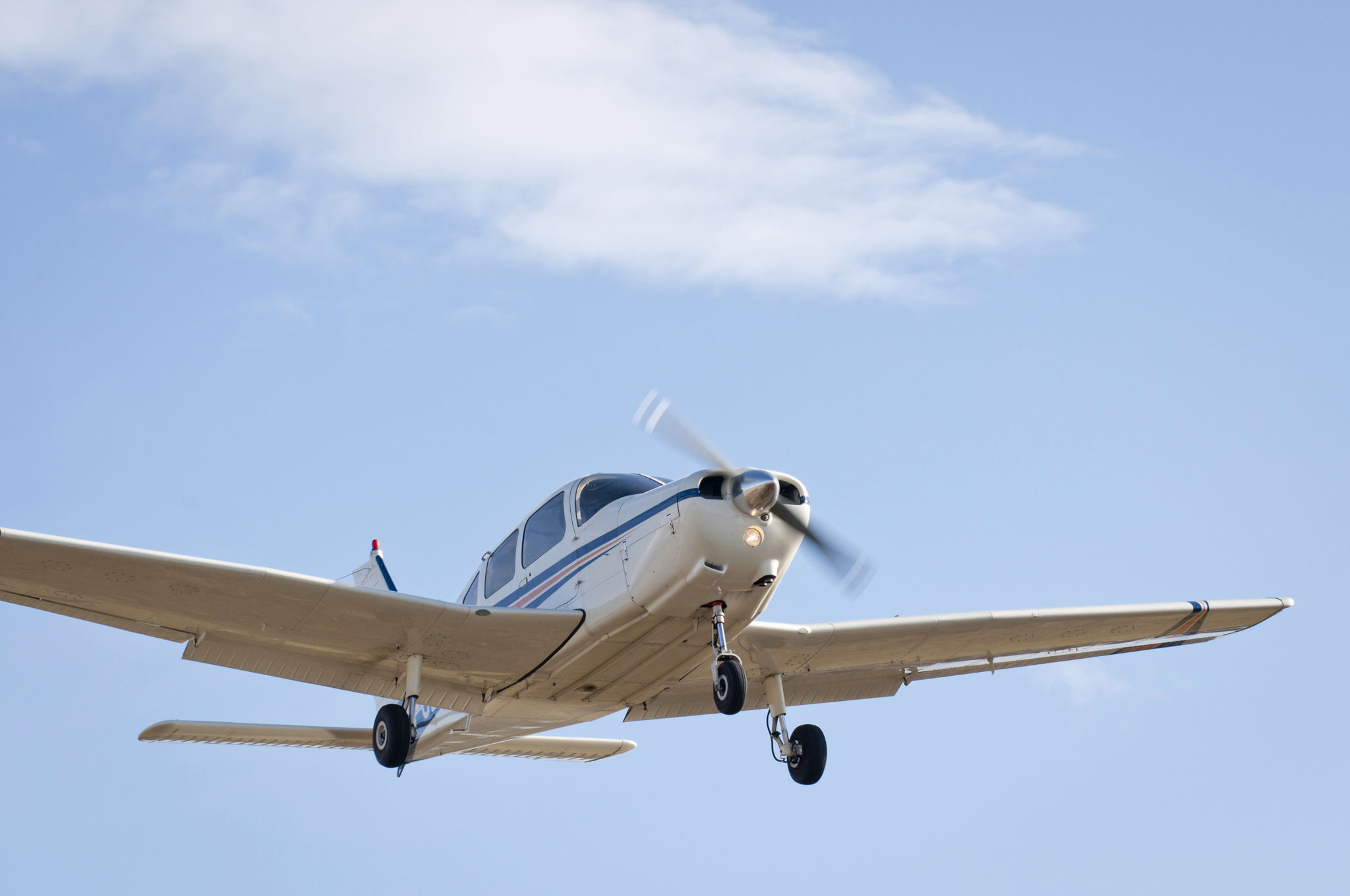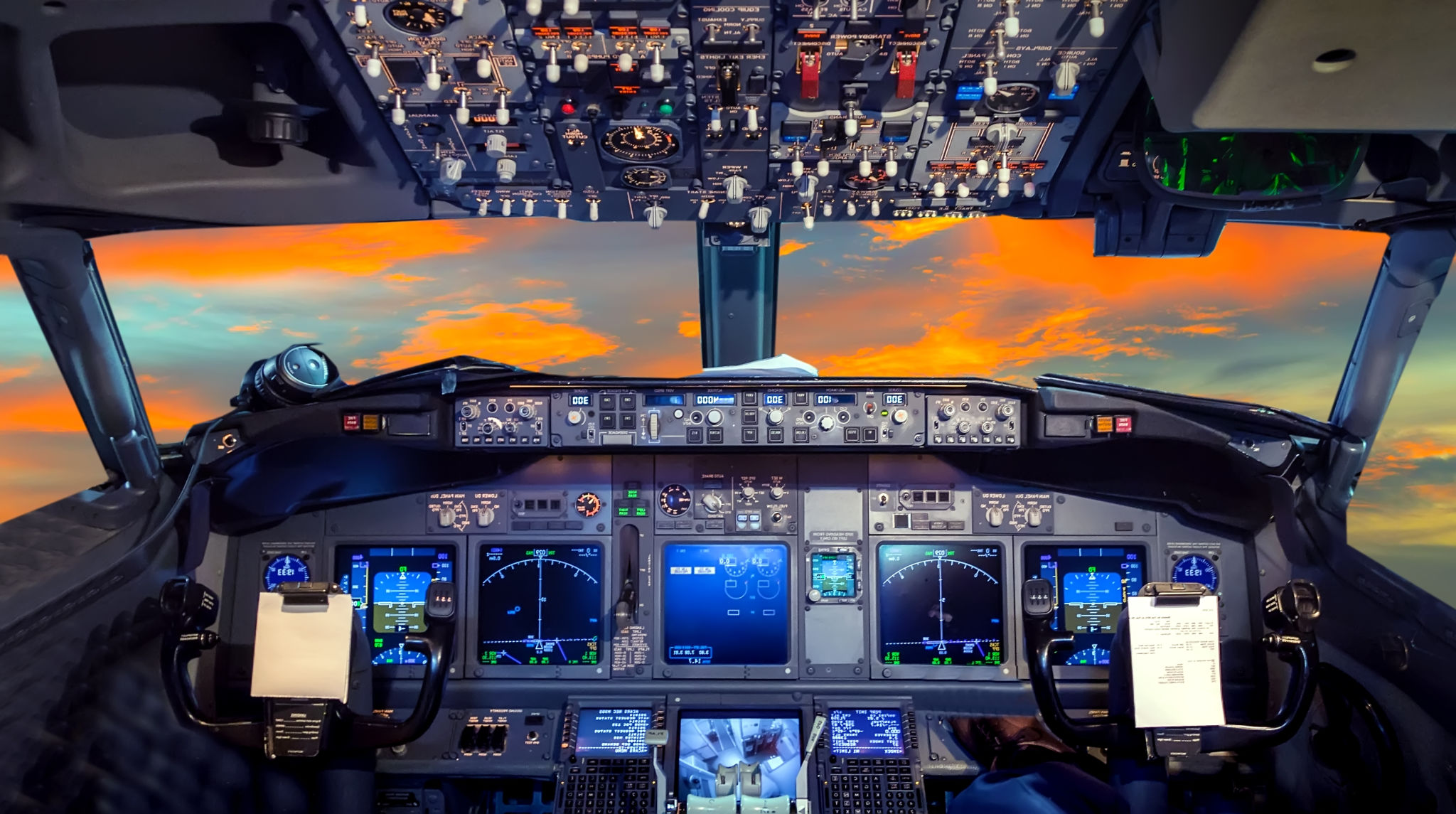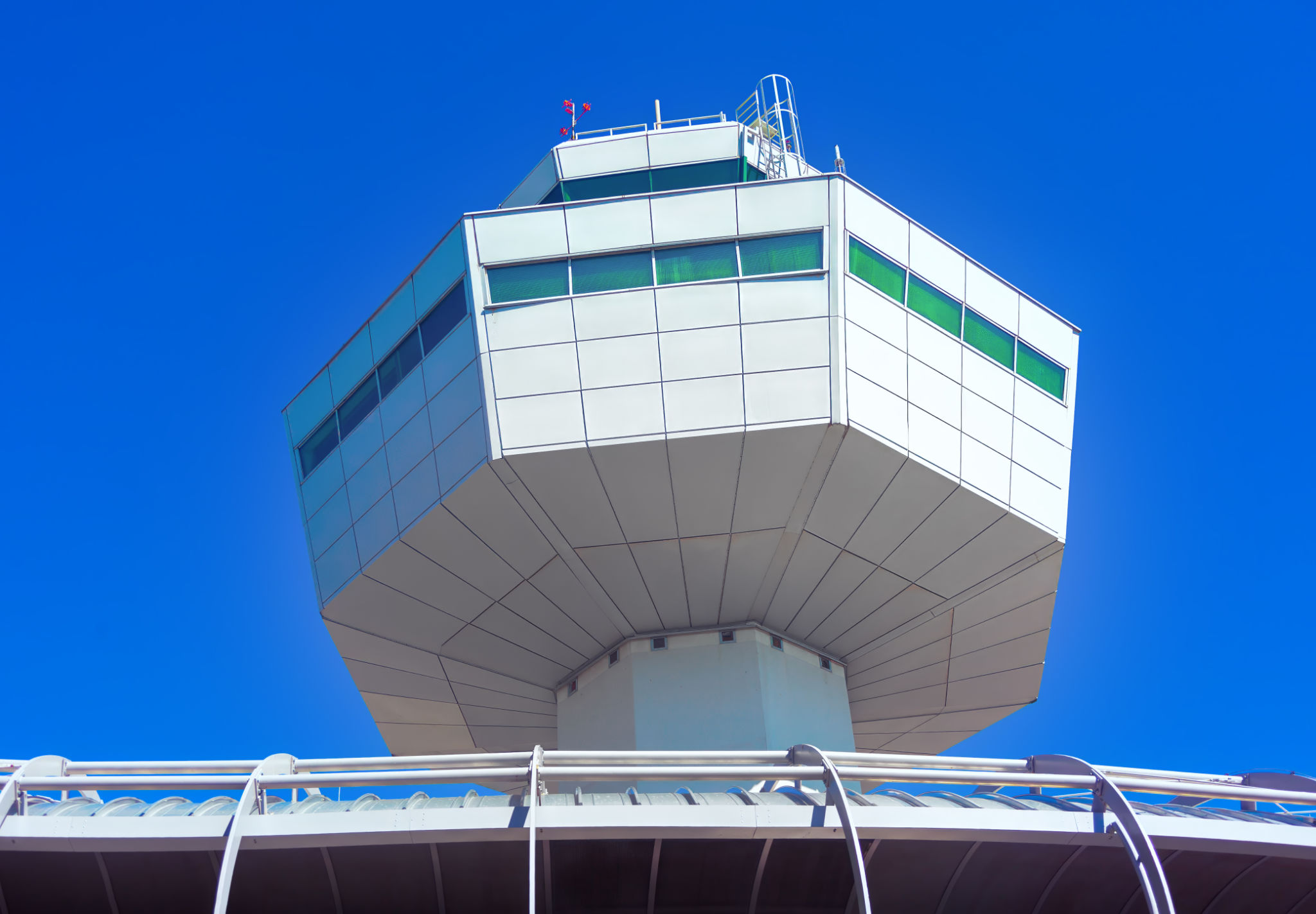Prepping for Your First Solo Flight in Western Pennsylvania
Understanding the Basics of Solo Flight
Embarking on your first solo flight is an exhilarating milestone for any aspiring pilot. In Western Pennsylvania, the rolling landscapes and diverse weather conditions offer a unique environment to hone your flying skills. Before you take to the skies alone, it's crucial to have a solid understanding of basic flight principles and safety protocols. This foundation will not only boost your confidence but also ensure a safe and enjoyable experience.

Preparing Mentally and Physically
Mental preparation is just as important as physical readiness when it comes to solo flying. It's natural to feel a mix of excitement and anxiety, so take time to visualize your flight path and practice calming techniques. Physically, ensure you're well-rested and nourished. Avoid flying if you're feeling unwell, as both your physical and mental state can significantly impact your performance in the cockpit.
Familiarizing Yourself with the Aircraft
Before your solo flight, spend ample time familiarizing yourself with the aircraft you'll be flying. Review the aircraft's manual, understand its controls, and run through checklists to ensure everything is in working order. Performing a thorough pre-flight inspection is essential to identify any potential issues that could arise during flight.

Weather Considerations in Western Pennsylvania
The weather in Western Pennsylvania can be unpredictable, making it vital to check forecasts before your flight. Weather conditions such as visibility, wind speed, and cloud cover can greatly affect your flight experience. Familiarize yourself with how different weather patterns might influence your flight path and how to adapt accordingly.
Communicating with Air Traffic Control
Effective communication with air traffic control (ATC) is crucial for a successful solo flight. Practice clear and concise communication, ensuring you understand standard procedures and phrases used in aviation. Familiarize yourself with the specific frequencies for Western Pennsylvania's airports and airspaces to enhance your communication efficiency.

Emergency Preparedness
While it's unlikely you'll encounter an emergency on your first solo flight, it's important to be prepared. Familiarize yourself with emergency procedures and practice them regularly. Understanding how to handle situations like engine failure or unexpected weather changes will give you confidence and peace of mind.
Post-Flight Reflection and Learning
After completing your first solo flight, take time to reflect on the experience. Note what went well and identify areas for improvement. This reflection is a valuable learning opportunity that will enhance your skills as a pilot. Consider discussing your flight with instructors or fellow pilots to gain additional insights and feedback.
Building Confidence for Future Flights
Completing your first solo flight is just the beginning of your journey as a pilot. Each subsequent flight will build upon the skills and knowledge you've gained. Embrace each experience as an opportunity to grow and enhance your abilities, ensuring you become a proficient and confident pilot ready to explore new horizons.
